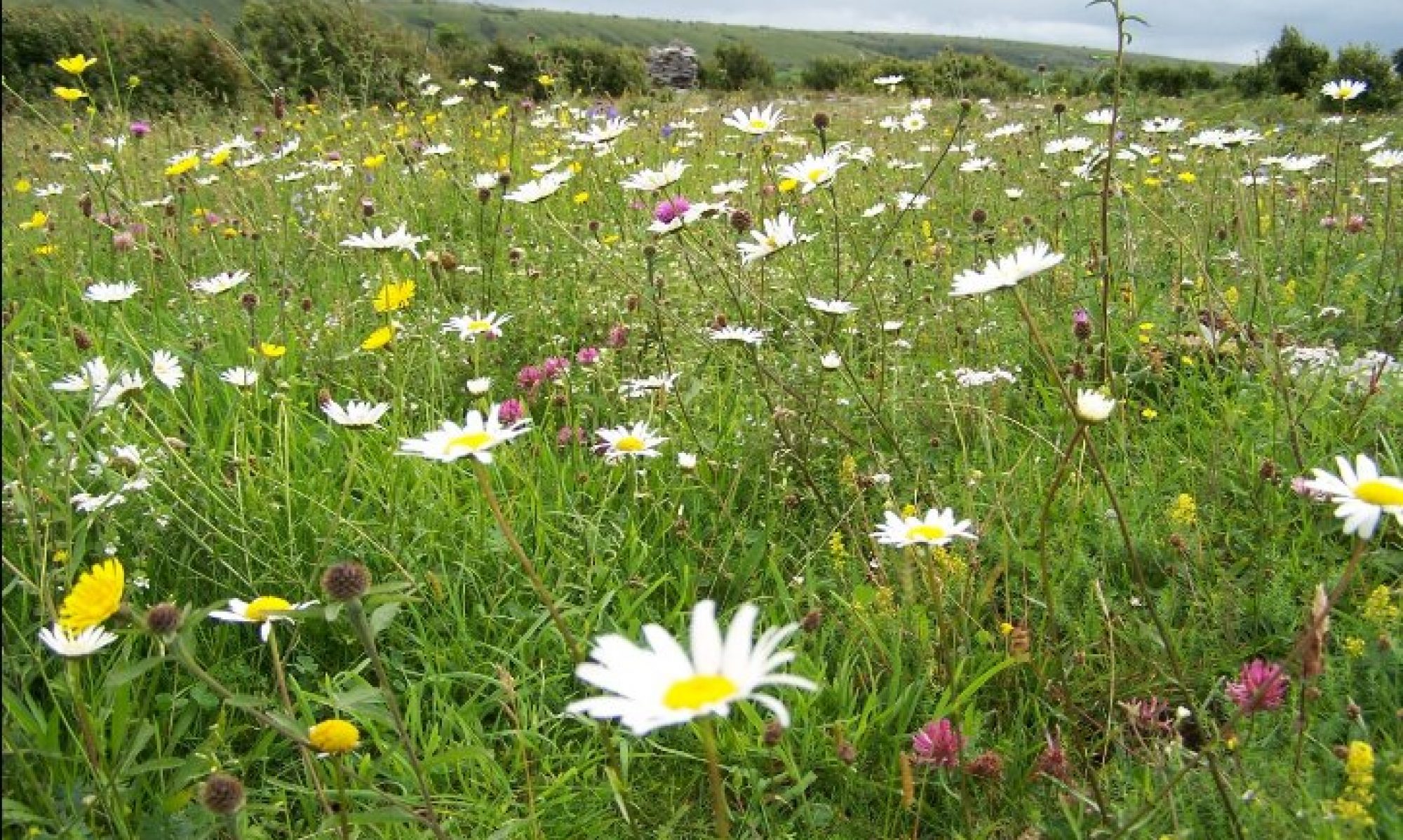Anyone who consumes any form of media cannot escape the word environment or the words climate change. International conferences, protest movements, media reports of extreme weather events, environmental damage, extinction threats, pollution, pandemic diseases sweep across the media in a deluge of fear and paranoia. The front page of the digital copy of today’s (Monday 8th November) Irish Times has five environmental stories, one on The Guardian, three on the International news page of The Times of Malta, five on the BBC news page, three on the Reuters Breaking International News page. You get the picture.
Corporations are lining up to tell us how committed they are to environmentally responsible behaviour. Car manufacturers promote the environmental credentials of their vehicles. Toyota tells us they are committed to sustainability:
Sustainability is fundamental to how we do business at Toyota as expressed in our 2011 Global Vision. We aim to deliver products and services that respect the planet and enrich the lives of people in the communities where we operate. In 2015, we announced the Toyota Environmental Challenge 2050 to move toward a society where people, cars, and nature can coexist in harmony (note the components of Toyota’s ecosystem). The six challenges are set to go beyond zero environmental impact, hoping to even achieve a net positive impact. (https://www.toyota.ie/world-of-toyota/feel/environmental-sustainability)
Cadbury tells us their cocoa is 100% sustainably sourced (https://www.cadbury.ie/cocoa-life), Lindt promise they will”source all cocoa products (beans, butter, powder) through sustainability programs by 2025″ (https://www.lindt.ca/en/our-commitment-to-sustainable-chocolate). Nestlé makes claims for their impact “guided by our three global ambitions: to support children, develop communities and preserve the planet for the future” (https://www.nestle.com/csv).
In short, many are ‘getting in on the act’. ‘Greenness’ is the new moral code. The main Christian churches in Ireland have formed Eco-Congregation Ireland which “encourages churches of all denominations to take an eco approach to worship, lifestyle, property and finance management, community outreach and contact with the developing world”. Eco-congregation Ireland “ask(s) Christians everywhere to reflect on the beauty of God’s world and to consider what practical steps can be taken to prevent further damage to the environment. Also, to pray for our wounded planet, for people in the developing world already affected by climate change and for future generations” (https://www.ecocongregationireland.com/about/).
There is little doubt that the focus on the environment reflects the situation we are in. Throughout the world, the ravages of our impact resonate in statistics on the state of our planet’s wildlife.
One of the big issues to be addressed is emissions from the transport sector. The British Government has announced a ban on the sales of new petrol and diesel vehicles will begin in 2030. The Irish Government offers grants to make electric vehicles, which are considerably pricier than equivalent petrol and diesel models, more affordable.
Electric vehicles (EVs) are the way to go? According to the Sustainable Energy Authority of Ireland, energy breakdown by fuel measured by ktoe (defined as the amount of energy released by burning one tonne (1000 Kilograms) of crude oil) shows that only 10% was derived from renewables (2018 figures). The rest was obtained by burning fossil fuels (https://www.seai.ie/data-and-insights/seai-statistics/energy data/gclid=Cj0KCQiAsqOMBhDFARIsAFBTN3cAC7WUCLI-v7qownEoQFVf3ZIziG18uUxqkeF84VLY2NfQLTSD1ysaAm3tEALw_wcB&gclsrc=aw.ds).
Nearly 80% was derived from oil and natural gas. Electricity generated from these sources is used to power electric vehicles. This is hardly the way to lower CO2 emissions.
Added to that smokescreen are the environmental damage and negative socio-economic consequences that arise from mining lithium and cobalt used for EV batteries and one wonders whether electric vehicles really are the answer to emissions produced by the transport sector and the broader challenges faced by the environment.
At present, almost every ounce of battery-grade lithium used in Europe and Ireland is imported. More than half (55%) of global lithium production last year originated in Australia. Other principal suppliers, such as Chile (23%), China (10%), and Argentina (8%), are equally far-flung. The energy source used to get it to Europe has an environmental cost. But there are many others.
San Pedro de Atacama, in Chile, near the Andean salt flats, lies on the westernmost point of a mining area that spreads north across the Atacama Desert to Bolivia and east into Argentina. Fifty times drier than California’s Death Valley, the area’s parched surface conceals an underworld rich in minerals. Historically, mining companies have exploited its lucrative deposits of copper and, to a lesser extent, iodine and nitrates. By some estimates, it also contains as much as half the world’s lithium reserves.
Here the lithium is dissolved in subterranean saltwater. Above this layer of saltwater is clean water. The mining involves pumping out the brine and letting it evaporate on the surface. This interference with the aquifer, scientists believe, is increasing desertification. They point to crop failures, declining flora and fauna, and diminishing pastures as evidence of the environmental damage wrought by lithium mining. There is also a fear of contamination of the clean water above the brine layer.
The behaviour of mining companies in poorer countries leaves much to be desired. Mining interests helped to destroy the Democratic Republic of the Congo (DRC), stoking up tribal rivalries (the DCR has over 200 tribes) and fuelling civil war following the country’s independence from Belgium in 1960. The Anglo-Belgian firm, Union Miniere Haut Katanga was heavily involved in fomenting the collapse of the new state. In 2011, an allegation was made that the mining interests were involved in killing UN Secretary-General Dag Hammarskjold whose plane was allegedly shot down or deliberately sabotaged in the Congo (https://www.theguardian.com/world/2011/aug/17/dag-hammarskjold-crash-goran-bjorkdahl).
The DRC has Africa’s largest rainforest but it is being destroyed by mining, among other causes. The behaviour of Chinese state-owned companies in the DRC, where a deal was signed in 2008 to mine copper and cobalt in return for infrastructure investment has been roundly criticised, especially a 2017 agreement to speed up payments to the Chinese and slow down infrastructure reimbursement (https://www.reuters.com/business/congos-6-bln-china-mining-deal-unconscionable-says-draft-report-2021-10-08/).
There are many easily found examples of corrupt activities by mining companies. Some of the more responsible ones engage the services of social scientists to research, in advance of operations, the impact of mining operations on local people. Laudable, you may think, but is it? Corporate social responsibility can be valuable only when genuinely respectful of local people and their environment.
However, according to the OECD, 1 in 5 foreign bribery cases involves the extractive industry. The International Monetary Fund singles out mining as a priority sector for transparency efforts. These are needed. According to a study published in 2002,
By and large, encounters between indigenous peoples and the mining industry result in loss of sovereignty for traditional landholders and multidimensional creation of new forms of poverty imposed upon already poor people. This new poverty is created by a failure to avoid or mitigate impoverishment risks that accompany mining development. Indigenous peoples are suffering a loss of land, short and long-term health risks, loss of access to common resources, homelessness, loss of income, social disarticulation, food insecurity, loss of civil and human rights, and spiritual uncertainty. (https://pubs.iied.org/sites/default/files/pdfs/migrate/G00548.pdf)
We need to be cautious about accepting the panaceas offered to tackle global climate change. It may be the case that the poorer south suffers a disproportionate share of the burden of climate change and the efforts to address it.

